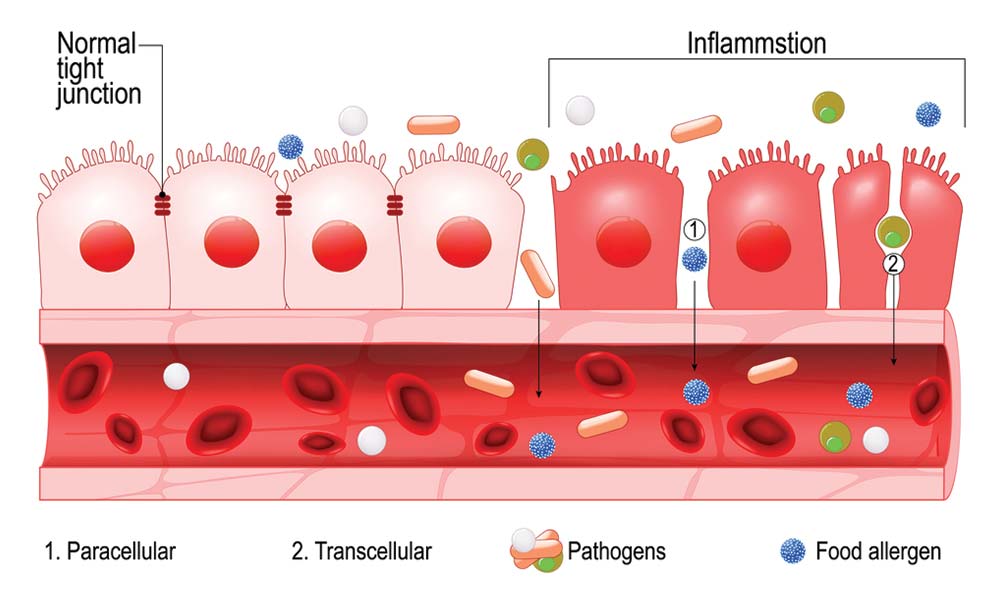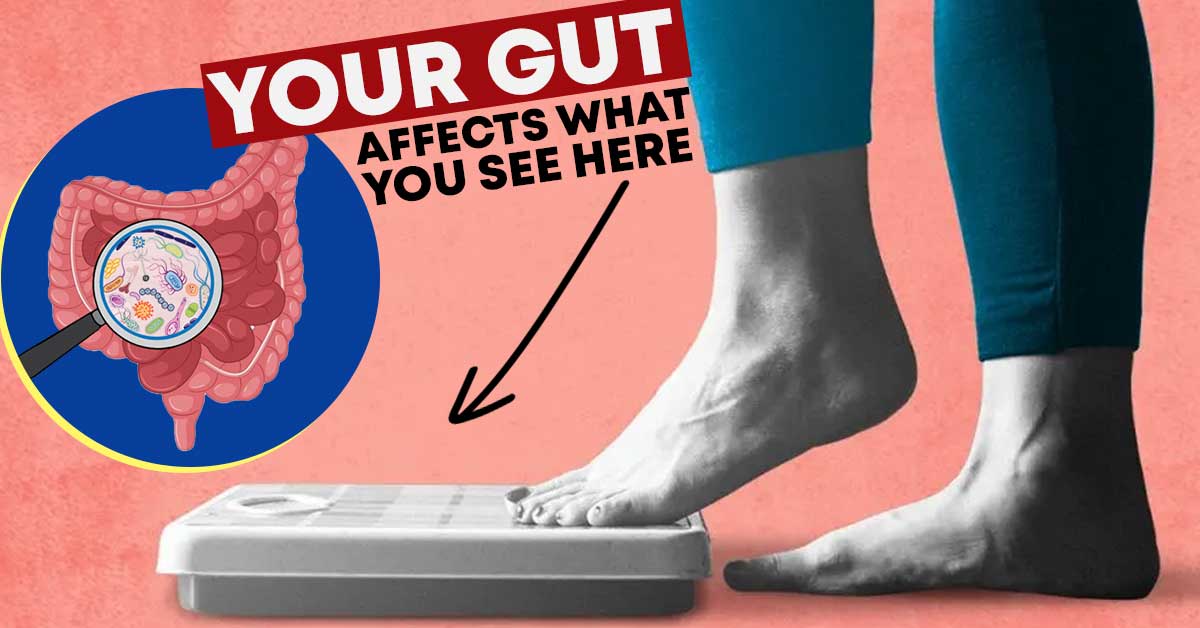The foods we eat influence our health – it’s simple. A pivotal part of that process is our gut. To begin an effective weight loss journey, you need to first identify the root our your health problems.
For some this could be an unhealthy gut that is the result of poor diet or lifestyle choices – two aspects that also contribute to weight gain.
Improving your gut health will pay dividends to your overall health as our guts influence nutrient absorption,immune function, mental health, and our overall risk for chronic illness.
Your gut, and particularly the bacteria inside of it, are influencing more about your body than you may realize.
How does your gut work?
You consume food and it makes its way through your intestinal tract to your gut where it is broken down so its nutrients can be delivered to the rest of your body via your blood stream.
It is the bacteria in your gut that breaks down your food, manufactures vitamins, and keeps your immune system working properly. All of the bacteria in your gut is part of your gut’s microbiota.
Diets low in fiber, fruits, and vegetables create a difficult environment for this healthy bacteria to survive in your gut. Without healthy bacteria, it becomes more difficult for your body to absorb the nutrients you eat as well as it should.
Gut bacteria from obese patients were placed in mice as a part of a 2013 study. With the new gut bacteria, the mice gained weight, alluding to a connection between the bacteria in our gut and our ability to manage our weight.
What is a leaky gut?
Prolonged poor gut health brought on by bacteria imbalance, poor diet, or prolonged stress can result in a “leaky” gut. The gut lining can become damaged and as a result the gut becomes an ineffective barrier for filtering out bad bacteria or particles of undigested food.
A leaky gut will often lead to widespread inflammation and hormone complications throughout the body which can contribute to weight gain.

What does gut health influence?
Gut health aids in…
- Digestion
- Nutrient Absorption
- Fueling and maintaining your body
- Immune support
- Hormone balance
- Removing toxins
- Decreasing risk of chronic illness
Additionally, the gut acts as a “second brain” for your body. The chemicals and cells in your gut are similar to those in your brain, which is why the gut is able to help alert the brain when something is wrong.
How can you support gut health?
These may seem like common and universal pieces of advice (they really are) but they make a meaningful difference for your gut health.
Recommendations from Hopkins Medicine:
- Eat healthy foods: fiber intake among most American’s is lower than what it should be. Even if you think you are eating enough fruits and vegetables, take a look at how much fiber you are getting.
- Sleep at least 7 hours per night: A lack of sleep is often connected to obesity.
- Exercise: Regular exercise is an easy choice to help your gut and manage your weight.
- Manage your stress: Stress has been linked to poor gut health – work on ways to manage your stress that work for you.
What foods help support gut health?
Probiotics are the best food for your gut! They are the helpful bacteria your gut need and are most popularly found in yogurt. Learn more about probiotics connection to gut health and other foods.


